It’s been quite a while since we celebrated any of Sharron Davies’s considerable achievements in the pool – well, a bronze and a silver in 1990 at Auckland was the last time – but I would bet a box full of brand-new Speedos to a secondhand pair of goggles that nothing has made her prouder than her part in World Athletics’ decision to ban transgender women from competing in female international events. She has campaigned for this for years with great courage and at considerable cost.
Without her energy and bravery, it is possible that Seb Coe could have fudged the solution announced last week, when he ruled that he was following swimming and rugby rather than cycling and rowing, and there was no fair way to include transgender athletes in elite women’s sport. And thank heaven for that. ‘I’m so pleased Seb has protected female athletes around the world at long last. It’s been a struggle though,’ Davies said afterwards. ‘Sport is about safety and fairness, then inclusion – in that order.’ You couldn’t put it better.
It’s not been an easy campaign. She has been scrapped by agents, and even charities she worked with for decades turned their back on her. Davies doesn’t mince her words: ‘There’s so much hate and bullying,’ she told the Mail on Sunday. ‘The trans activists can be so vicious and malicious – they go after your work, after your brand, they attack everything.’
All she deserves now is for her silver in the 400m individual medley in the 1980 Moscow Olympics to be upgraded to gold, after the winner, an East German girl called Petra Schneider, confessed to doping. She was more than ten seconds quicker than Davies, a suspiciously long time.
What with Bazball and the thud and blunder of the returning IPL, it comes as something of a shock to find that cricket’s old ways have not been entirely left behind. Ashley Chandra-singhe, a 21-year-old opener, graced/disgraced – opinion was divided – the first day of Australia’s Sheffield Shield final in Perth with a barely believable snore-bore of an innings. The young Victorian batted throughout the first day and was still there when the innings ended on the second morning with 46 not out. In the afternoon of the first day he stonewalled his way to just five runs off 74 balls, which must have been a bracing experience for the spectators (of whom there were a healthy smattering).
As one commentator put it: ‘Young Chandrasinghe is one to watch, or not to watch – depending I guess on how long you’ve got to live.’ His captain, the Aussie Test player Peter Handscomb, was full of praise though. Batting in such challenging conditions was ‘very, very impressive’, he said. You suspect that Chandra’s innings – and he finished on the losing side – will end up as a museum piece, as representative of the modern game as some of those rugby matches of the past played in ankle-deep mud, which saw the two teams mustering fewer than ten points between them.
They’re hard to love, golfers: rich men in terrible clothes looking for ways to get even richer. But the Masters, which starts at Augusta in a couple of weeks, will be fun because of the baddies. Koepka, Reed, Johnson, DeChambeau, Garcia, and Cam Smith have gone off to LIV Golf, a venture that has shovelled money their way, and by doing that they have made a lot of those they left behind even better off too. But we haven’t seen or heard of them much, because LIV Golf exists only on bank statements. Rather like the Brazil football team of years ago, you know the LIV guys are good but you don’t know much about them because you never see them. It adds an extra dimension: not that the Masters needs it. Sunday is often the best night’s sport of the year.
Got something to add? Join the discussion and comment below.
You might disagree with half of it, but you’ll enjoy reading all of it. Try your first month for free, then just $2 a week for the remainder of your first year.


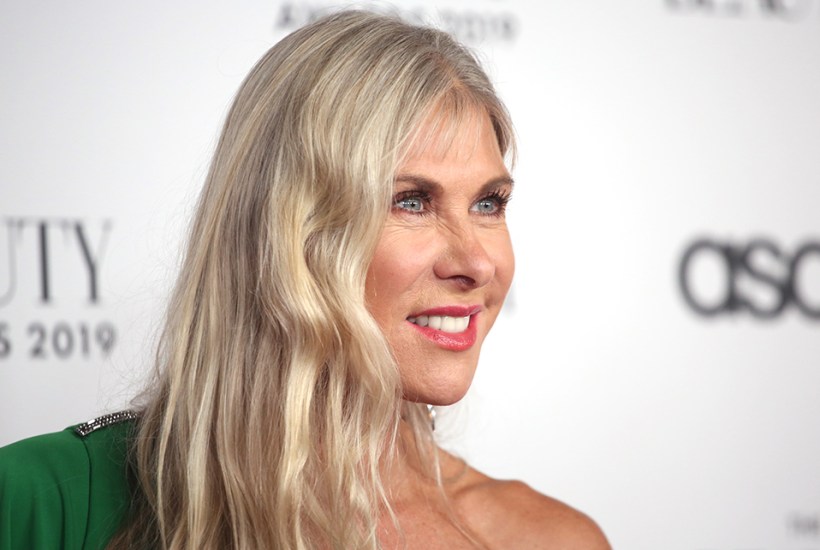
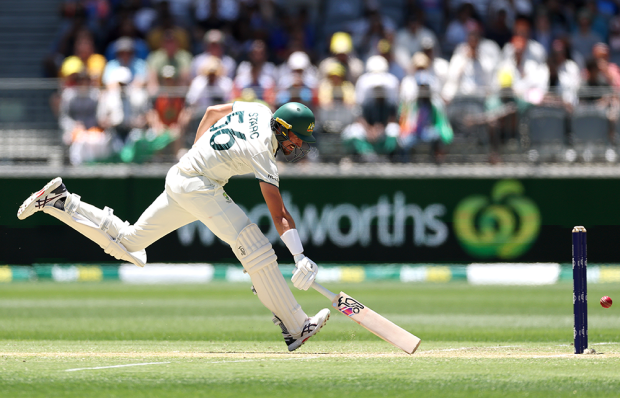
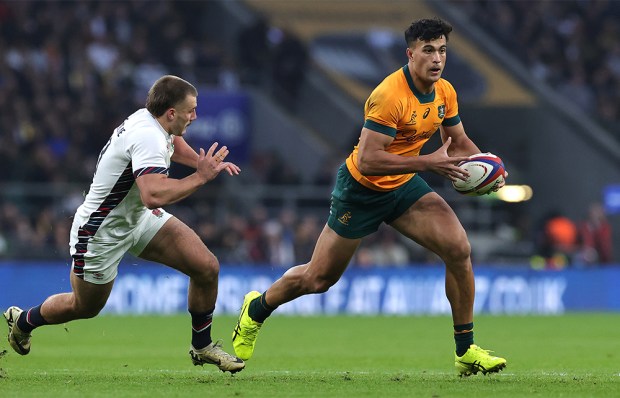
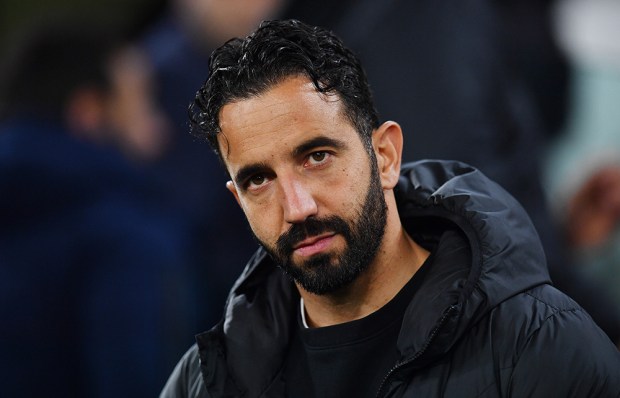







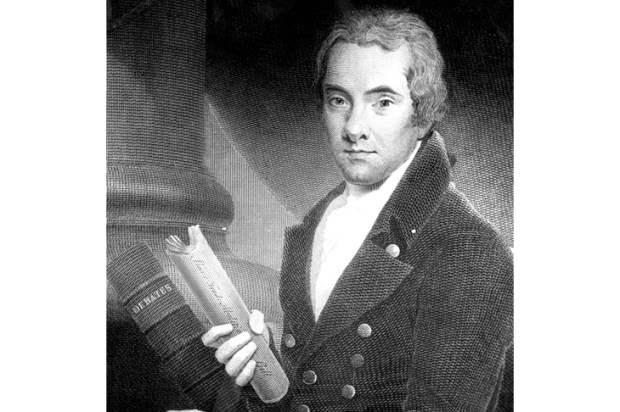

Comments
Don't miss out
Join the conversation with other Spectator Australia readers. Subscribe to leave a comment.
SUBSCRIBEAlready a subscriber? Log in